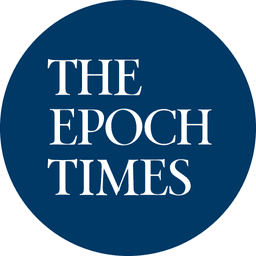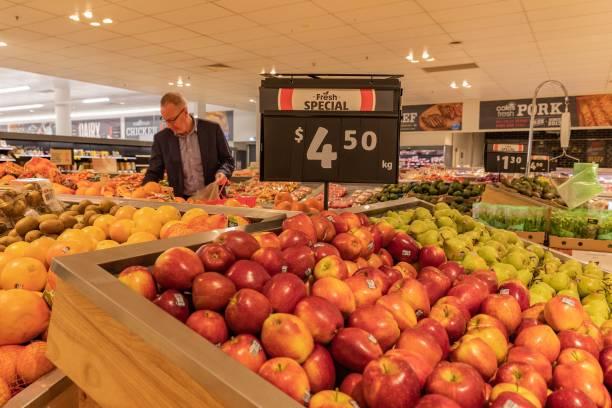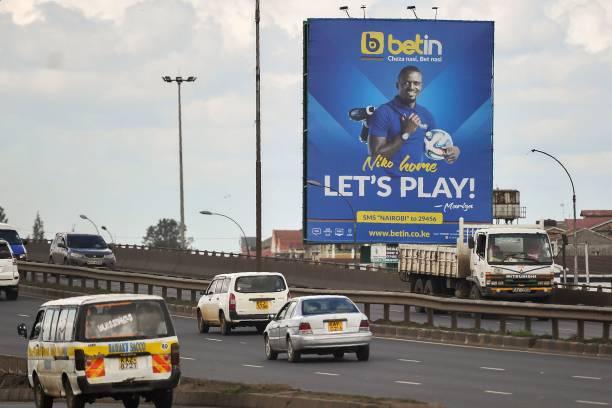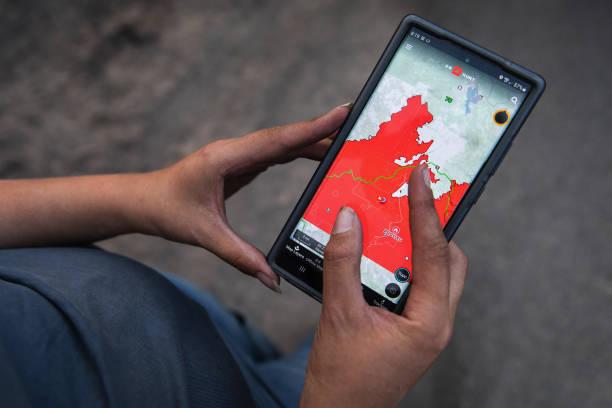Calls are growing to prioritise airline and quarantine workers for COVID-19 vaccinations to protect Australians from another wave of the CCP virus pandemic after a driver who chauffeurs international airline crew tested positive to COVID-19.
The Australian Airports Association (AAA) said the government should add aviation workers to those services that are a high priority for vaccination.





